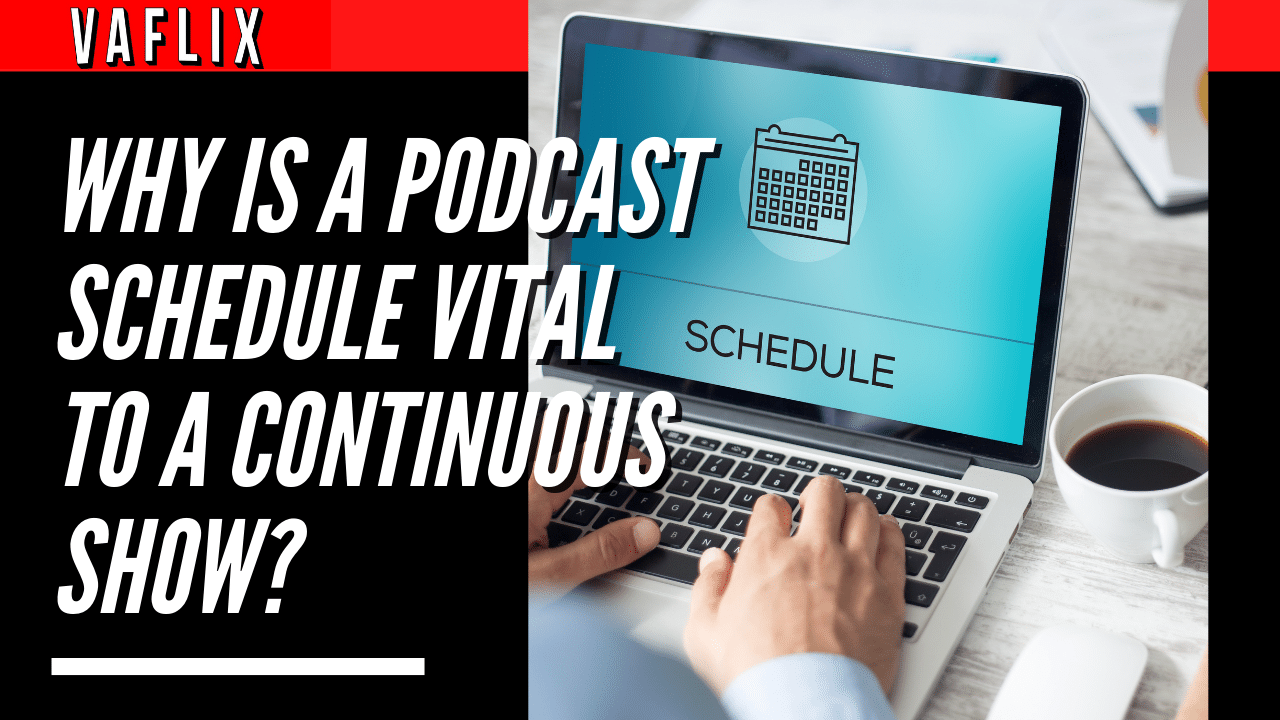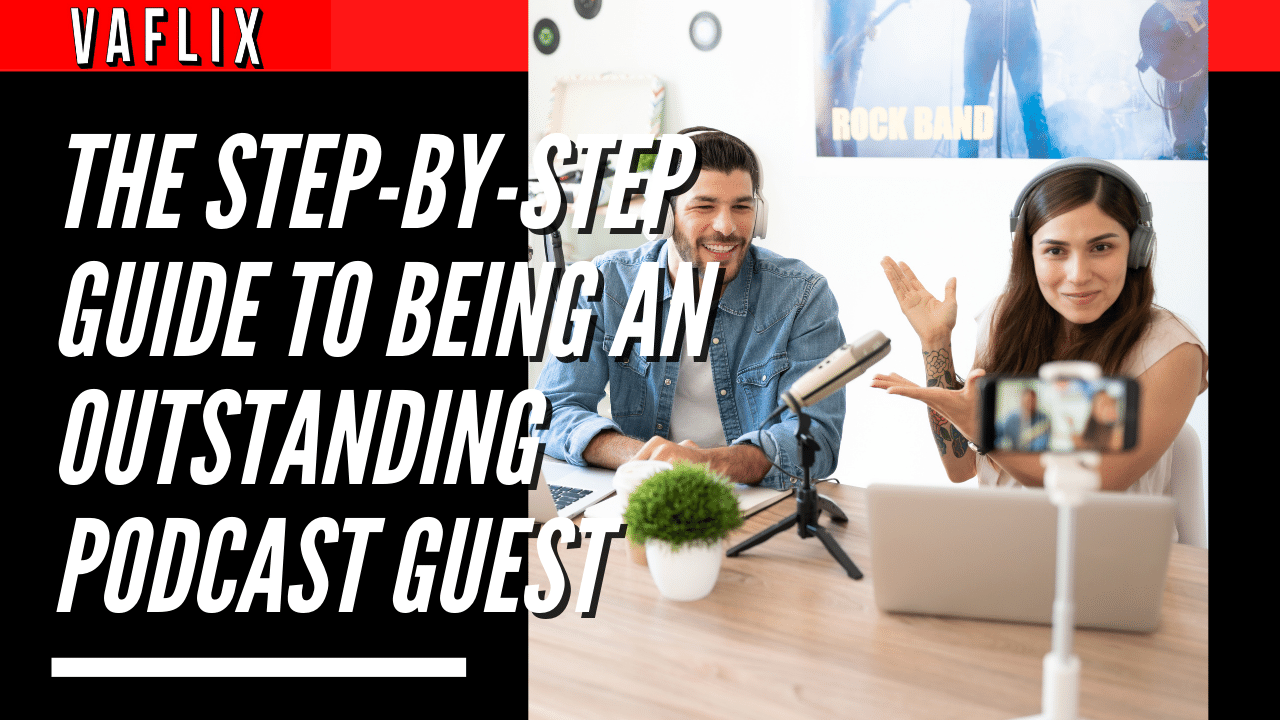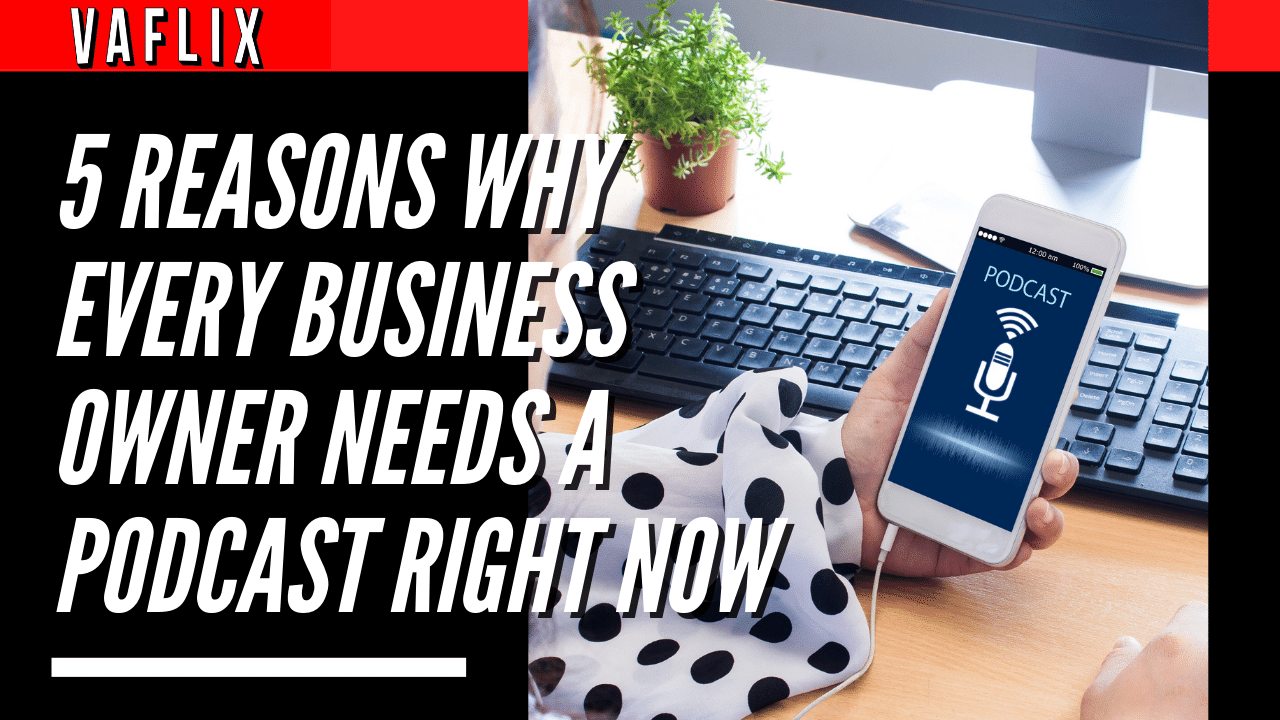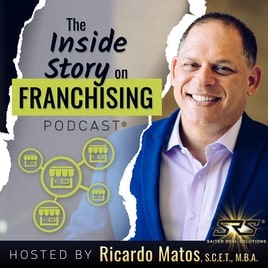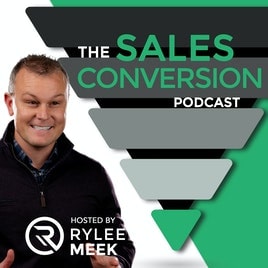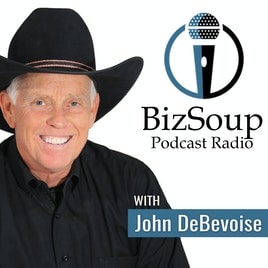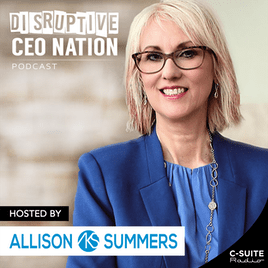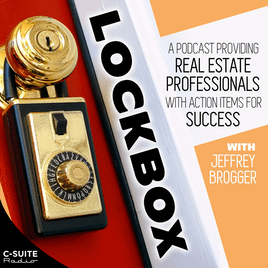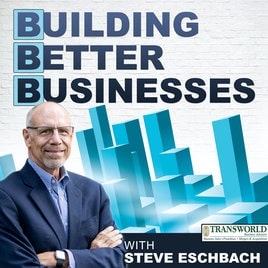Why Is A Podcast Schedule Vital To A Continuous Show?
Thinking of Hiring a Podcast Production Agency?
Does this circumstance ring a bell? You patiently awaited the delivery of a much-anticipated package, but when you checked your mail on the day of delivery, it was nowhere to be found.
Talk about killing the mood.
The same thing can happen with podcasts: listeners anticipate new episodes to be released on a regular basis, so if they aren’t, it may affect the frequency of listener engagement.
It can be the first sign of “podfading”, when a show becomes less and less regular until it eventually disappears when podcasters don’t maintain a regular schedule. One of the best ways to keep yourself accountable and avoid podfading is by implementing a podcast schedule.
This is a comprehensive overview of all the elements involved in producing and distributing your episodes.
You will learn the significance of a podcast schedule, what goes into it, and how to use it to organize your workload in this article.
Make your podcasting schedule the core of your program.
It’s simple to feel overburdened with the constant planning, recording, and episode release whether podcasting is your main job or a side hustle. A podcast schedule is necessary to keep track of which tasks are finished, what is upcoming, and when everything is due. You’ll be less likely to miss a deadline and lose your rhythm by planning the components of your upcoming episodes. Not to mention that the extra structure may give you more self-assurance as a creator. Remember that a podcast schedule is more than just a calendar with the dates of your upcoming episodes or a notebook filled with notes. Your podcast schedule must be thorough and goal-driven if you want to maximize its effectiveness. Here’s how it’s done.
How to create a schedule for your podcasts that works for you
Podcast schedules work best when you plan the big picture first, then map out the details, regardless of the type of show you produce. This strategy helps you stay focused on your priorities and prevents you from getting bogged down in the minutiae of podcast production. Let’s examine the three main steps involved in creating a podcast schedule.
Plan your editorial schedule
An editorial calendar for your podcast provides a broad overview of the upcoming episodes for your program. It can reside in a project management tool or digital calendar (more on that later). You probably have a ton of different episode ideas, so keeping them all in one place is a great way to stay organized, especially if you work with a team. You can visualize and adhere to your publishing schedule, whether that is one episode per day or one per week, with the aid of an editorial calendar. For each one you release, you should ideally have at least one episode planned; however, planning further in advance can lessen the likelihood that you’ll run out of ideas. Recording a few episodes before your official launch date can be helpful if you’re in the planning stages of your podcast. That way, you’ll have episodes on hand to maintain consistency right away. Additionally, this is a fantastic way to test your flow and determine the best production schedule going forward. Here are some helpful standards to include for each entry in your editorial calendar in addition to the episode title and summary to help you think more clearly:
- Target publish date
- Episode season and/or number
- Episode topic or title and guest (if applicable)
- Whether it will be a video podcast, audio-only, or both
Although it doesn’t have to be rigidly adhered to, you should try to follow your editorial calendar as much as possible. For instance, you might need to adjust your production schedule if a last-minute opportunity to interview your ideal guest arises. It’s crucial that you consistently keep your calendar up to date to ensure that nothing is missed.
List all of your assignments.
You quickly discover that each episode of a podcast requires a lot of work, including brainstorming, scripting, editing, marketing, and other tasks. After you’ve established your editorial schedule, list the steps you’ll take to get those episodes from planned to published. Making a list will help you estimate your workload and ensure consistent quality throughout all of your episodes, even though they don’t necessarily need to be done in order at this point. Depending on the structure, genre, and complexity of your show, different production tasks may be required. But keep in mind the following essential elements of podcast production:
- Conduct topic research
- Identify and book guest(s)
- Write your podcast script
- Record the episode
- Edit the episode
- Incorporate ad breaks or ad reads into the episode
- Write your episode description and show notes
- Create episode artwork
- Publish episode
- Draft and schedule promotional content: social media, email, website, etc.
- Review episode analytics
Your production process can be made more manageable and you can determine which tasks can be assigned to others by breaking it down into smaller pieces.
Establish a consistent production workflow
You’ll publish each episode using a predetermined process known as a podcast production workflow. It specifies who is responsible for each task, when it must be finished, and how much time is allotted for it. A flowchart, which organizes your process’ steps in a sequential order, is a common method for workflow structuring. Setting aside a specific amount of time for each, such as two hours for research, three hours for editing, etc. can be useful if you’re working under strict deadlines. By doing this, you can prevent taking on more than you can handle at one time. The most crucial step in developing a workflow is to make sure it is standardized, which means you follow the same predetermined rules for each stage of production. Your production process will be more effective the fewer decisions you have to make.
Three suggestions for improving podcast scheduling
These methods will help you manage your workload so that you can focus more on creating content and less on administrative duties.
- Make use of project management tools
Using project management software, you can centralize all of your tasks, due dates, and workflows. You can centralize all of your tasks, due dates, and workflows with the help of project management software. You will have a number of advantages over conventional spreadsheets when using a dedicated project management tool, including the capacity to upload and share files, assign tasks, and work remotely.
- Delegate when possible
You don’t need to be an expert in every facet of podcasting to produce a great show. Many of the best podcasters don’t operate alone. For instance, you might excel at research but struggle with editing. Asking for assistance is preferable to falling behind schedule as a result of trying to handle everything on your own. Delegating will free you up to concentrate on your strengths as a creator, whether you have friends who want to get involved or you hire professionals.
- Take advantage of automation
You can save your time and energy for higher-level thinking by automating tedious tasks. Here are some strategies for incorporating automation into your production process:
- Voice-to-text software to create a show transcription
- Utilize scheduling software for social media to pre-batch your content.
- Applications for scheduling meetings, interviews, and recording sessions
Build a routine to build an audience
The development of your show is undoubtedly greatly influenced by the entertainment and engagement of your content. It can be difficult to keep up the momentum required to attract listeners if your podcast is inconsistent or behind schedule. This is especially true when you’re first starting out and trying to gain listeners’ trust. As a result, you and your listeners will benefit more from setting up a podcast schedule as soon as possible. Your show is more likely to succeed when creativity and consistency are used together.
PODCAST PORTFOLIO BELOW (Best View on Desktop) Click on “Full Screen” and tap left and right arrows to check the other slides.
VA FLIX PODCAST PORTFOLIO – PODCAST PRODUCTION AGENCY – PODCAST VIRTUAL ASSISTANTS by John Marzan
Podcasting Made Simple with VA FLIX
Wouldn’t it be amazing if you could simply press the record button, wait a few days (sometimes as little as 24 hours), and then publish and deliver a perfectly edited and ready-to-go podcast episode to your audience? No worries! You definitely can!
VA FLIX partners with professionals, busy entrepreneurs, business owners, and top brands to have professionally done podcasts in the most convenient way.
VA FLIX Podcast Productions’ dedicated team will not only take the hard work of post-production off your busy hands but will also relieve you of stress and help you grow your show and connect with your audiences. Our podcast editing service is operated by our own team of millennial audio engineers, talented show note writers, and producers who handle every aspect of your podcast after you record an episode.
You literally only have to record your episode and we’ll take care of the rest. That’s the simplest way to explain the service. We do the real hard work while you chill.
Your team at VA FLIX is a group of skilled professionals that offers:
PODCAST SERVICES FROM VA FLIX
- Launch strategy and podcast consulting.
We’ll first talk about what your podcasting challenges are, what you have tried so far, VA FLIX will discuss the things that you want to happen and how we can help you in leveraging your podcast to achieve your goals.
- Quality Assurance Check Before we Publish.
Your dedicated team will ensure your audio, show notes, artwork and scheduling are ready to publish.
- Audio editing and production.
Basic form editing or advanced multiple-track compilations, we’ve got you covered.
- Written show notes including quotes, links, and keywords for SEO.
Basic or advanced show notes writing services. Whether you need a new blog post or an essay. We write a brief summary and organize notes.
- Video Editing.
Whether you need basic video editing or advanced editing with an effects-driven show, we can help.
- Marketing Services.
We create or revamp your new or current podcast cover art for your podcast channel, we even personalize cover arts per episode, we’ll also include episodic artwork, media direction, marketing assets, or a new website. We’re happy to include Motion graphics for social media promotion
- Audio Leveling & Proper ID3 Keyword Tagging.
Polished and mastered audio files that fit the podcast standards.
- Transcribe your episode (for the all-in-one package).
Our services are intended to be as easy to use as PLUG-N-PLAY. You literally only need to record, and VA FLIX will do the rest. Podcast hosts are relieved that they now have more freedom to focus on the content and connect with their audiences, while we work on the other difficult aspects of podcasting.

